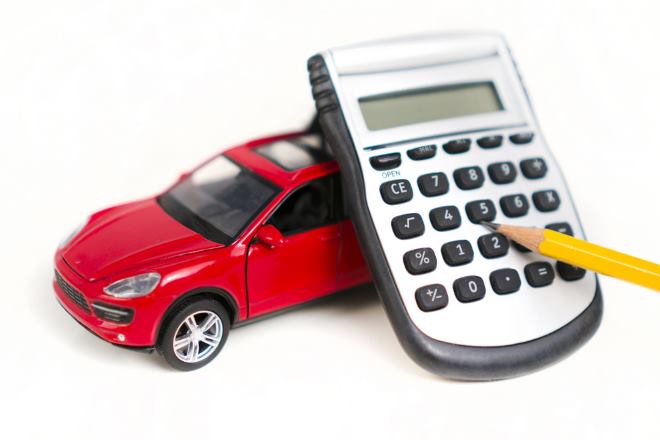Unlocking the World of Repossessed Cars: A Buyer's Guide
When a car owner defaults on their loan payments, the lender may repossess the vehicle. These repossessed cars often end up for sale, offering potential buyers an opportunity to purchase vehicles at competitive prices. This comprehensive guide will explore the world of repossessed cars, their benefits, potential risks, and how to navigate the buying process.

Where can you find repossessed cars for sale?
Repossessed cars are available through various channels, each with its own advantages and considerations:
-
Bank auctions: Many financial institutions hold auctions to sell repossessed vehicles directly to the public.
-
Online platforms: Websites specializing in repossessed and salvage vehicles often list a wide range of options.
-
Government auctions: Federal and state agencies sometimes auction off seized or surplus vehicles.
-
Car dealerships: Some dealerships purchase repossessed cars from banks and resell them to consumers.
-
Specialized repossession companies: These businesses work with lenders to handle the repossession and sale process.
What are the potential benefits of buying a repossessed car?
Purchasing a repossessed car can offer several advantages to savvy buyers:
-
Lower prices: Repossessed vehicles are often sold below market value, as lenders aim to recoup their losses quickly.
-
Wide selection: The variety of repossessed cars available can range from economy models to luxury vehicles.
-
Potential for good condition: Many repossessed cars are relatively new and may have been well-maintained by their previous owners.
-
Opportunity for negotiation: Depending on the selling method, buyers may have room to negotiate prices further.
-
Faster purchase process: Repossessed car sales often involve less paperwork and faster transactions compared to traditional car buying.
What are the risks and challenges of buying repossessed cars?
While repossessed cars can offer great value, buyers should be aware of potential drawbacks:
-
Limited vehicle history: Information about the car’s maintenance and accident history may be incomplete or unavailable.
-
As-is condition: Most repossessed cars are sold “as-is,” meaning buyers assume all risks associated with the vehicle’s condition.
-
Competitive bidding: Popular models at auctions may attract multiple bidders, potentially driving up prices.
-
Lack of warranty: Repossessed cars typically do not come with warranties, leaving buyers responsible for any repairs.
-
Potential for hidden damage: Some vehicles may have unseen issues that become apparent only after purchase.
How to navigate the repossessed car buying process
To make the most of your repossessed car purchase, consider the following steps:
-
Research thoroughly: Investigate the specific make and model you’re interested in, including common issues and market values.
-
Inspect the vehicle: Whenever possible, conduct a thorough inspection or hire a professional mechanic to assess the car’s condition.
-
Check for liens: Ensure the vehicle has a clear title and no outstanding liens before making a purchase.
-
Set a budget: Determine your maximum spending limit, including potential repair costs, before bidding or negotiating.
-
Understand the terms: Familiarize yourself with the auction or sale rules, including payment methods and any additional fees.
-
Consider insurance costs: Research insurance rates for the specific model you’re interested in, as some repossessed vehicles may have higher premiums.
What are the typical costs associated with buying repossessed cars?
The cost of repossessed cars can vary widely depending on factors such as the vehicle’s make, model, age, condition, and the selling method. Here’s a general overview of potential costs:
| Cost Category | Typical Range | Notes |
|---|---|---|
| Purchase Price | $5,000 - $30,000+ | Varies greatly based on vehicle type and condition |
| Auction Fees | $100 - $500 | May include buyer’s premium and documentation fees |
| Inspection Costs | $100 - $200 | For pre-purchase inspections by a qualified mechanic |
| Initial Repairs | $500 - $2,000+ | Varies based on vehicle condition and needed repairs |
| Title Transfer | $50 - $200 | Depends on state regulations |
| Insurance | Varies | Can be higher for certain repossessed vehicles |
Prices, rates, or cost estimates mentioned in this article are based on the latest available information but may change over time. Independent research is advised before making financial decisions.
In conclusion, repossessed cars offer a unique opportunity for buyers to potentially find great deals on used vehicles. While the process can be more complex than traditional car buying, understanding the market, conducting thorough research, and being prepared for potential risks can lead to a successful purchase. By following the guidelines outlined in this article, you’ll be better equipped to navigate the world of repossessed cars and make an informed decision that suits your needs and budget.




